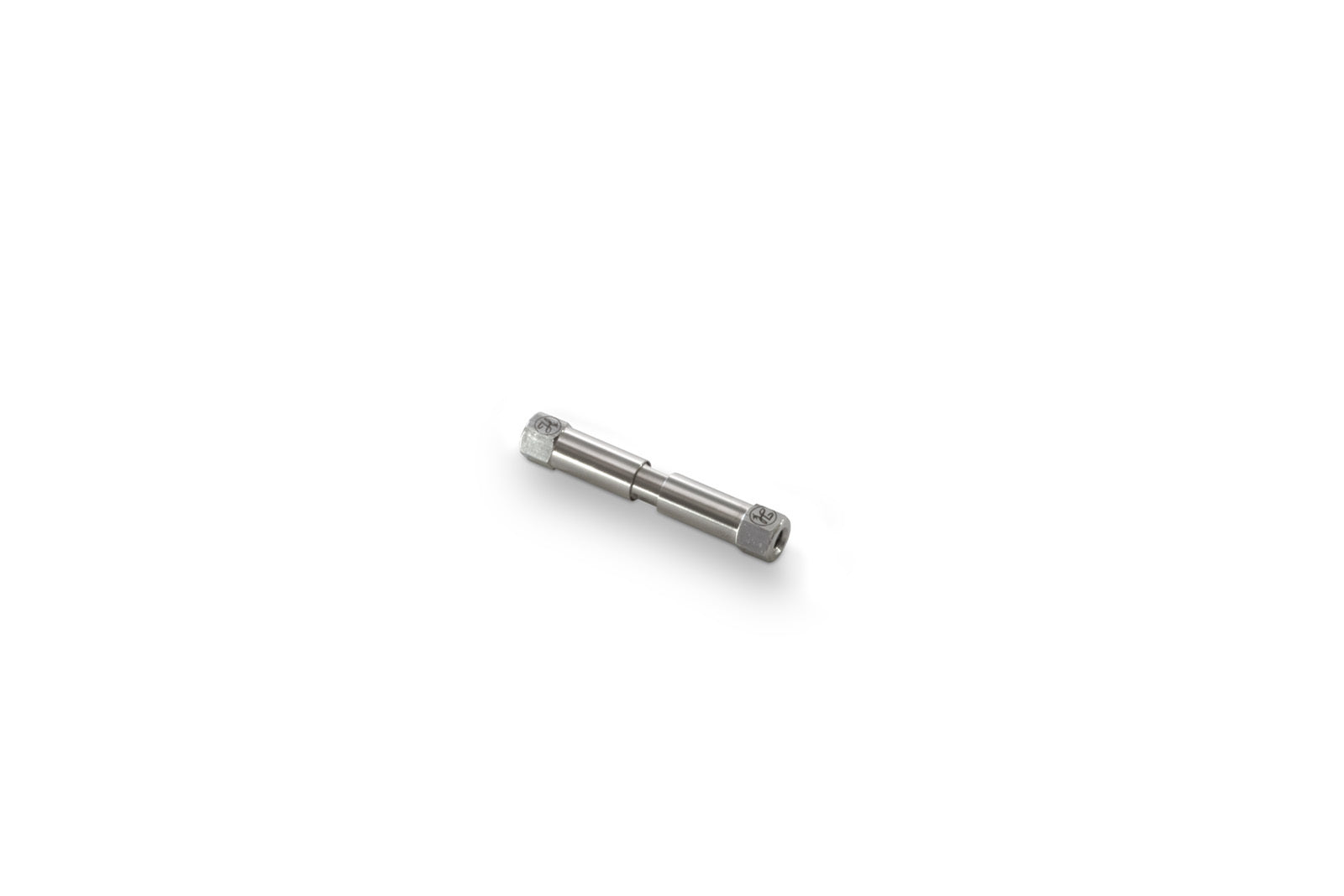Description
Fast separation of glyphosate and its metabolites. Inositol and sugar alcohols.
Application Examples: Glyphosate and its metabolites in drinking water, inorganic and organic cations.
PRP-X400 Overview
The PRP-X400 column provides a fast separation for glyphosate and its metabolites, due in part to the higher exchange capacity of the resin. It also performs well in other separations, such as inositol and sugar alcohols. This column operates well at room temperature, so a column heater is not necessary for glyphosate separation. PRP-X400 columns are also very cost effective relative to most glyphosate columns.
Cation Exchange
In cation exchange chromatography, the stationary bed has an ionically negative (-) charged surface while the sample ions are of positive (+) charge. This technique is used almost exclusively with ionic or ionizable samples. The stronger the positive (+) charge on the sample, the stronger it will be attracted to the negative charge on the stationary phase, and thus the longer it will take to elute. The mobile phase is an aqueous buffer, where both pH and ionic strength are used to control elution time. Ion chromatography can employ harsh conditions requiring mobile phases that are at very high pH limits (> 11). Temperatures well above the normal operating conditions where silica materials fail can also be used.
Cation Exchange Capacity
Ion exchange capacity is a measurement of the number of positive charges (cations) that the exchange resin can bind to and is reported in singly charged ion equivalents per 1 gram of resin. Exchange capacity is dependent upon the pH of the mobile phase and in cation exchange chromatography; as mobile phase acidity decreases (pH increases), the exchange capacity increases.

